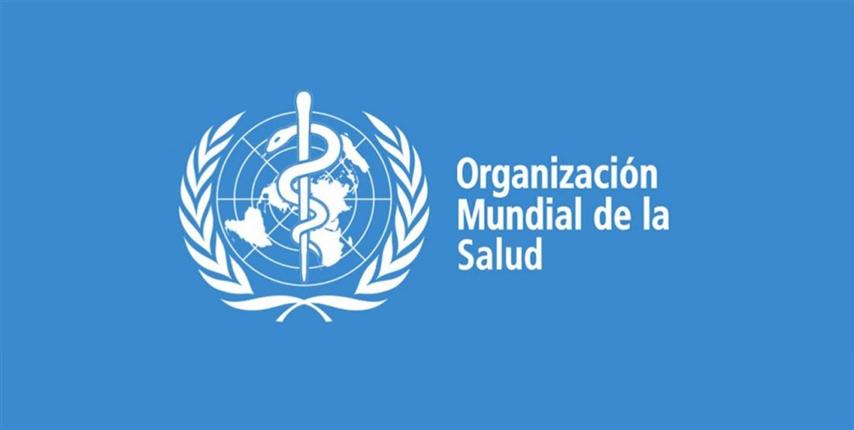WHO Director-General Tedros Adhanom Ghebreyesus said weeks of heavy monsoon rains has caused widespread flooding and landslides, killing more than 1,000 people and damaging nearly 900 health facilities. 33 million people are affected and more than six million people are in urgent need of humanitarian aid.
Damage to health infrastructure, shortage of doctors and limited health supplies disrupt health services, while children, pregnant and lactating women are most at risk, the official said.
Ghebreyesus acknowledged that Pakistan is facing health threats such as the Covid-19 pandemic, cholera, typhoid fever, measles, leishmaniasis, HIV-AIDS and polio.
Floods cause new outbreaks of diarrheal diseases, skin and respiratory tract infections, malaria and dengue, among others.
The loss of crops and livestock will have a significant impact on the nutrition and health of many communities that depend on these resources.
The WHO stated that the current flood situation is very likely to increase the spread of disease; health experts have warned that as many as five million Pakistanis could fall ill in the next four to 12 weeks.
pgh/llp/jcm/abm










